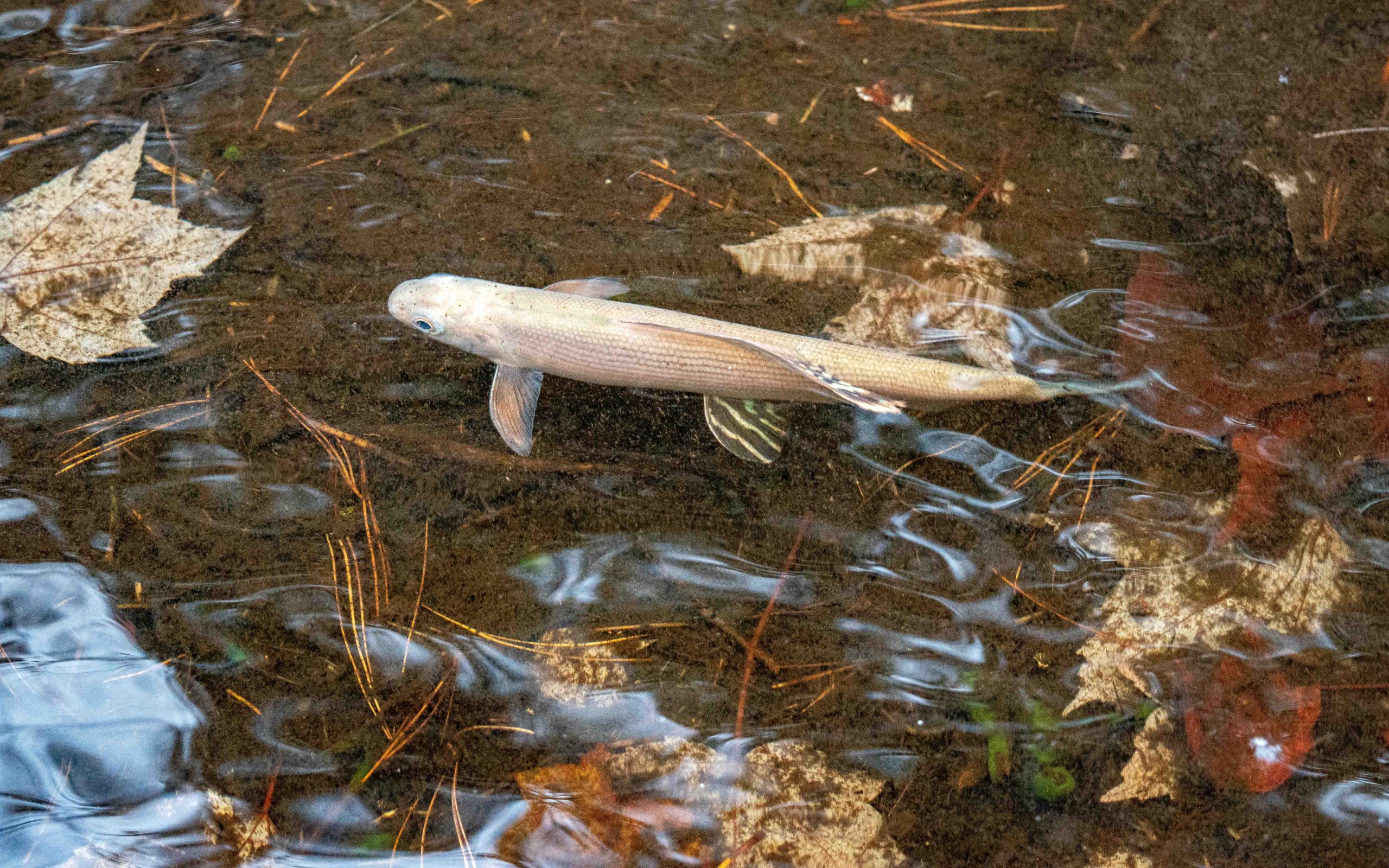Podcast: Play in new window | Download | Embed
A protest against the Northern Gateway Project in Vancouver, B.C. in 2012. Photo: Chris Yakimov / Flickr
At least one First Nations leader in Canada says he’s rethinking his concerns about a proposed pipeline to the north coast of British Columbia.
And as Dan Karpenchuk reports, Grand Chief Stewart Phillip of the Union of British Columbia Chiefs says it might be necessary to support the pipeline project due to President Donald Trump’s proposals.
President Trump’s threats of tariffs and a possible trade war with the
US have again highlighted a project thought to be dead.
The Northern Gateway pipeline would send Alberta bitumen to the coast of British Columbia for export overseas.
The proposal died when the Trudeau government announced a moratorium on crude oil tanker traffic to protect the coastal environment in 2016.
A federal court had found that Indigenous people along the pipeline route had not been adequately consulted.

Grand Chief Stewart Phillip speaks during the opening of the 2016 BC Cabinet and First Nations Leaders’ Gathering. (Courtesy Province of British Columbia)
Now, Chief Phillip says that was a different time.
“We are staring into the abyss of uncertainty right now with climate change, the climate crisis and the American threat. So I would suggest that if we don’t build that kind of infrastructure, Trump will. And there will not be any consideration for the environment or the rule of law.”
Alberta’s premier Danielle Smith has already argued that Canada needs to start building pipelines in response to the threat of tariffs.
She also says the threats from Trump make it crucial for projects such as Northern Gateway to be back on the agenda.

Arctic grayling in West John Lake in Alger County, Mich. (Photo: John Pepin / Michigan Department of Natural Resources)
It’s official: the Arctic grayling is being reintroduced to three rivers in northern Michigan.
Interlochen Public Radio environment reporter Ellie Katz has more.
Arctic grayling once swam in rivers and streams across the state, but logging and habitat loss wiped them out in Michigan.
The last time the fish was seen was in the lower peninsula was in the early 1900s.
Now, more than a hundred years later, scientists from multiple organizations are trying to reintroduce the silvery-blue trout species into the Boardman, Manistee, and Maple Rivers.
Dan Mays is a biologist with the Grand Traverse Band of Ottawa and Chippewa Indians, one of the partners on the project.
“This is one of those fish that were here when the tribe’s ancestors were here and interacting with those fish, and it’s important to reconnect that interaction with the people and the fish and the environment.”
The Grand Traverse Band is one of three northern Michigan tribes that will receive the fish eggs from a state hatchery in May.
The plan is to raise those fish in river water until they’re eventually released later in the summer and fall.

Sea otter in Oregon. (Photo: Norman S. Smith / Oregon State University / Flickr)
The Confederated Tribes of Siletz Indians has announced that the tribe has been awarded a three-year $1.56 million grant from the National Fish and Wildlife Foundation.
It will support tribal efforts to return sea otters to the Oregon and Northern California coasts.
The federal grant is through the America the Beautiful Challenge.
The tribe says the funding will enable them to build capacity and expertise to lead or participate in sea otter reintroduction and management and to elevate the role of coastal Indian Tribes in marine stewardship.
The grant will support additional planning and technical capacity with other regional and tribal partners and collaborators.
According to the tribe, sea otters have been absent from Oregon for more than a century due to the maritime fur trade.
Among things, sea otters protect eelgrass habitat by keeping populations of small crabs under control.
 The North American Indigenous Athletics Hall of Fame has announced its 2025 class of inductees.
The North American Indigenous Athletics Hall of Fame has announced its 2025 class of inductees.
It includes 42 athletes and four teams to receive honors for athletic achievements and contributions in sports.
The new class as well as the 2024 and 2023 honorees will be recognized during a banquet this summer in Green Bay, Wisc.
Get National Native News delivered to your inbox daily. Sign up for our daily newsletter today.



